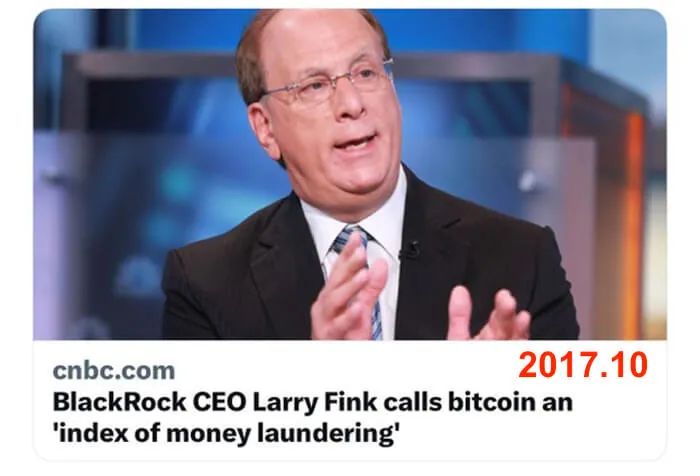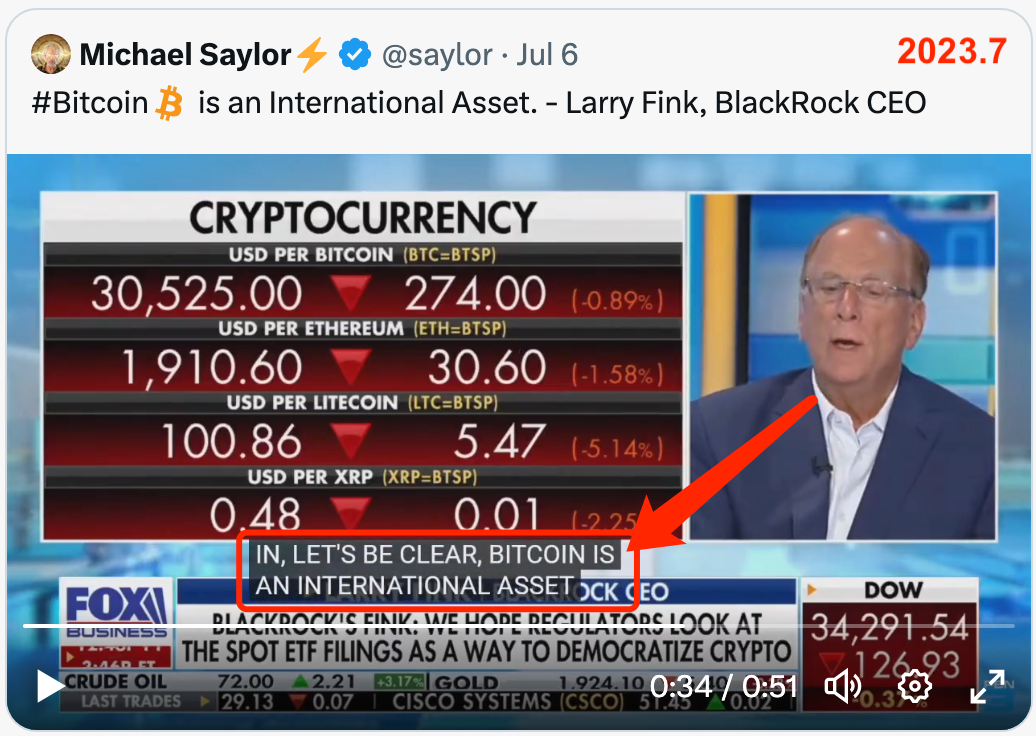After a sudden surge to 31k, Bitcoin quickly retreated overnight, briefly dropping below 30k and currently maintaining consolidation near that level. This scene reminded Jiao Chain of our defensive counterattacks against Vietnam in the 1970s and 1980s. We would strike with full force and swiftly retreat, engaging in a decade-long border war to exhaust and defeat the enemy. This approach avoided getting deeply entrenched in a war quagmire while effectively undermining the enemy’s arrogance. By strategically retreating, occupying advantageous positions, and engaging in attritional warfare, we achieved our strategic objectives at minimal cost.
Thinking along these lines, Jiao Chain also grew up during a time of war. However, back then, I was still young and knew very little about the bloodshed happening on the distant borderlands.
Military affairs are an extension of politics, and political objectives often revolve around economic interests. The only difference lies in whose economic interests are at stake. Thus, the foundation of war is economic power, and the ultimate goal is also economic interests. However, this is not always the case. It’s not a matter of political immaturity but rather rooted in the nation’s culture and heritage. Sometimes, for certain sentiments, superiors take action without sufficient consideration of cost and benefit, which is a form of romanticism. On the other hand, extreme pragmatism prioritizes interests above all else, doing business with both friends and foes—a form of utilitarianism. In this regard, Russia leans toward romanticism, the United States leans toward pragmatism, and we stand somewhere in the middle.
Previously, we analyzed that the key objective of the Federal Reserve in maintaining tightening measures was not inflation. Inflation is merely the target they publicly set, but the Federal Reserve has ulterior motives. Their crucial objective is to maintain the dominance of the U.S. dollar during economic recessions. They aim to be stronger than all other fiat currencies as well as all other assets, including U.S. stocks, Bitcoin, and most importantly, gold. The Federal Reserve’s vigilance toward gold has never wavered.
When the minutes of the June meeting were released by the Federal Reserve, their recurring rhetoric sent shivers down people’s spines. What did they say? They claimed that the economy is still very strong, and therefore, they believe it is appropriate to continue raising interest rates.
Some people may misunderstand and wonder why the Federal Reserve is acting so strangely, desperately trying to curb the pace of economic recovery in the United States. In reality, what the Federal Reserve desires is the economic downturn and even collapse of other countries and regions.
With an unlimited supply of the strong U.S. dollar, they can enjoy the thrill of buying high-quality assets at bargain prices when other countries and regions plummet and experience margin calls and liquidations.
Data shows that the market expects a probability of over 95% for the Federal Reserve to raise interest rates by 25 basis points at the end of July during the policy meeting. Considering the Federal Reserve’s consistent nature of not surprising the market, this outcome may not be unexpected.
As pressure continues to mount like Mount Tai, it’s a race to see whose legs will break first. If legs keep breaking, it’s still possible to intervene. And it definitely won’t be the big brother making a move directly. If the big brother arranges for his archenemy to make a move, wouldn’t the big brother be completely uninvolved?
While BlackRock submitted its application for a Bitcoin spot ETF, it also accomplished another major deal. BlackRock signed an agreement with Ukraine to take over almost all of its state-owned assets (including agriculture, industry, energy, infrastructure, etc.) and its debts, all for free. Ukraine, with broken legs, has sold itself completely in this situation.
As Lu Xun once said, “Break your leg, then sell you a crutch and make you grateful.”
At this point, Jiao Chain couldn’t help but think of a friend who, during the AI Grand Challenge earlier this year, jumped into the hype and invested tens of millions of hard-earned money. In just a few months, not only did he fill someone else’s pit with tens of millions but also accumulated millions in debt. Fortunately, he was eventually rescued by the big brother and didn’t sink deeper. However, he also paid a painful price, losing all his money and shares. Nevertheless, he managed to free himself from debt, so he couldn’t complain about losing millions but had to turn around and express gratitude for not being killed by others, right?
Is it frustrating? Of course, it’s frustrating. You would feel frustrated too if you were in that situation. But does frustration help? No, it doesn’t. The participants in the game would say, “Who made you join in the first place? No one forced you; everything was voluntary and self-driven.”
Some games are live games where you need to jump in yourself to participate. But some games are dead-end games where you sit at home, and the pot falls from the sky. Even if you don’t want to join, you have no choice. For Ukraine, this game is a dead-end game.
Now, the reaper BlackRock has decided to jump into the Bitcoin game.
Just five or six years ago, during the previous bull market cycle of Bitcoin, BlackRock’s CEO Larry Fink referred to it as a money laundering scheme.

Now, BlackRock is also entering the scene and planning to launch its own Bitcoin spot ETF. The CEO of BlackRock, Larry Fink, has started praising Bitcoin, stating that cryptocurrency is the digital version of gold. He believes that Bitcoin does not rely on any other currency and is an international asset.

The term “international” was romanticized by comrade Qu Qiubai and transliterated as “Yingte’na Xiongnaier,” forever immortalized in the song “The Internationale,” where the realization of Yingte’na Xiongnaier is a must.
Comrade Larry Fink is embracing the Bitcoin that represents Yingte’na Xiongnaier. We welcome this development.
Comments